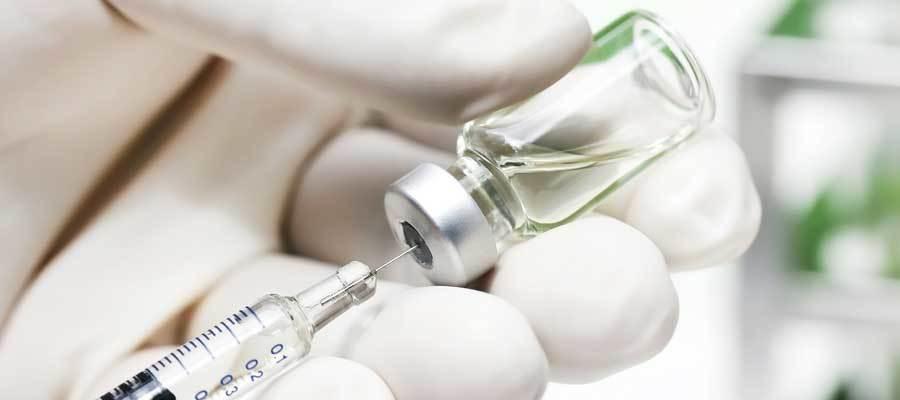ASPR to test automated sterile saline system to help prevent IV shortages

The Department of Health and Human Services’ Administration for Strategic Preparedness and Response June 5 announced it selected two locations to test an automated, point-of-care, sterile saline manufacturing system that could help prevent or mitigate intravenous fluid shortages in the U.S. The system, called Caspian, began development in 2019. One unit will be tested at Walter Reed Medical Center in Bethesda, Md., while the other will be tested and reviewed by the Food and Drug Administration. ASPR has been working with Manchester, N.H.-based DEKA Research and Development Corp. on manufacturing the units, with the intent of producing up to 500 bags of IV fluid per day.
Related News Articles
Headline
The U.S. Court of International Trade May 28 blocked a series of tariffs issued by the Trump administration under the International Emergency Economic Powers…
Chairperson's File
We are all closely watching changing tariff policy as it raises serious considerations for the medical products, devices and pharmaceuticals supply chain. Our…
Chairperson's File
Most hospitals and health systems are the largest organizations in our communities, providing critical services needed by every one of our neighbors. We take…
Headline
The AHA May 16 urged the Department of Commerce to consider tariff exceptions for critical minerals and derivative products used for medical purposes. Critical…
Headline
The AHA May 14 urged the Senate Finance Committee to take steps to strengthen the supply chain for essential pharmaceutical and other medical products. In…
Headline
The U.S. and China reached a joint agreement to temporarily reduce tariffs for 90 days, the White House announced May 12. Both countries will lower tariffs by…
